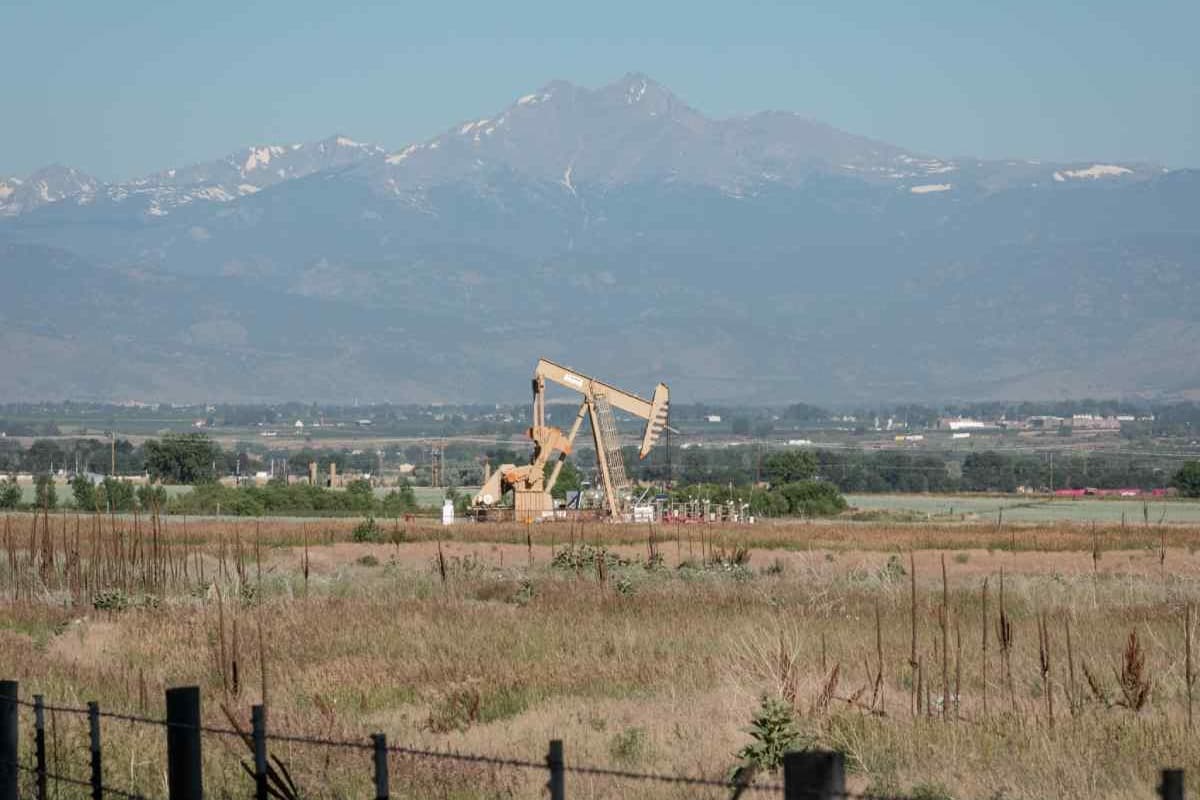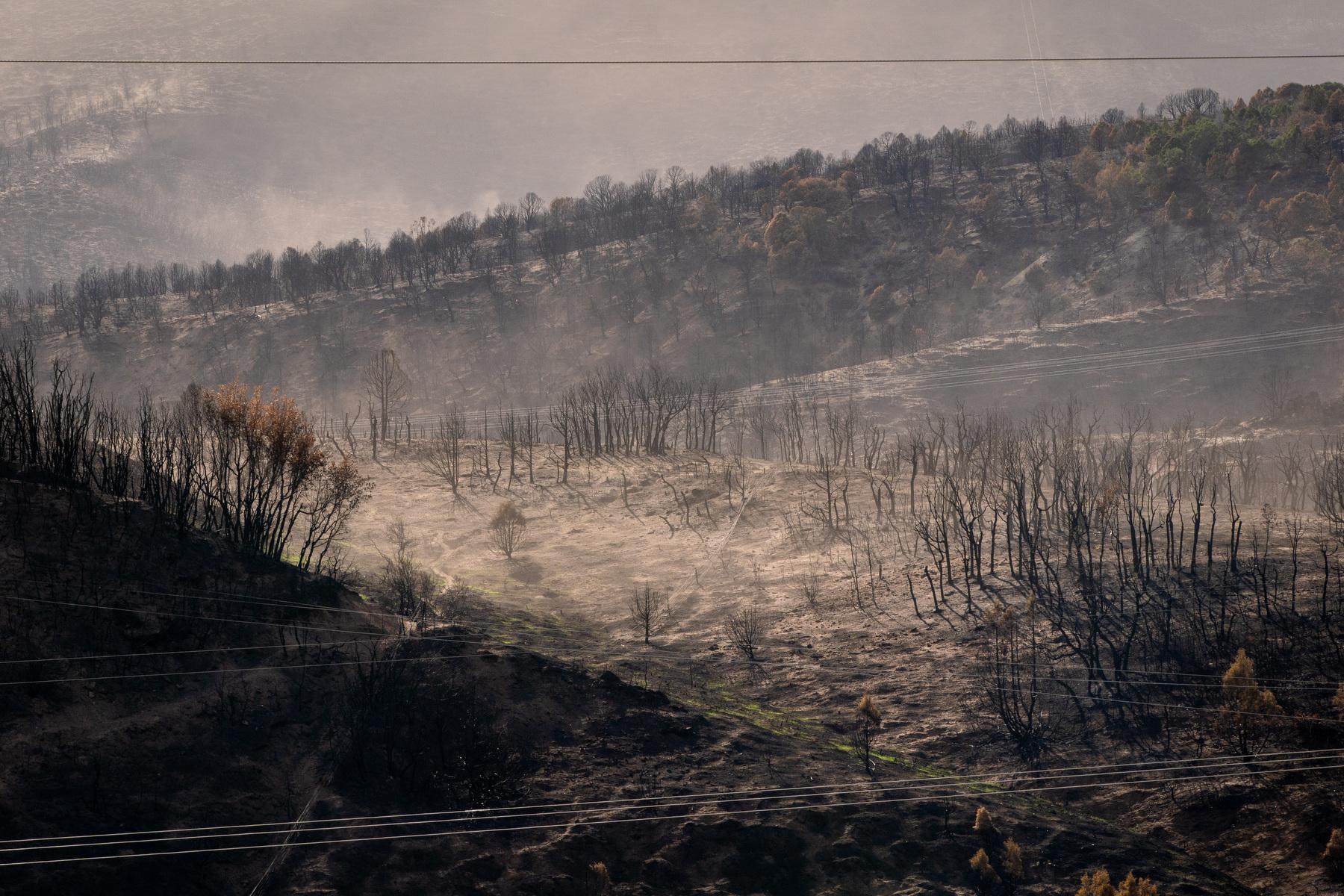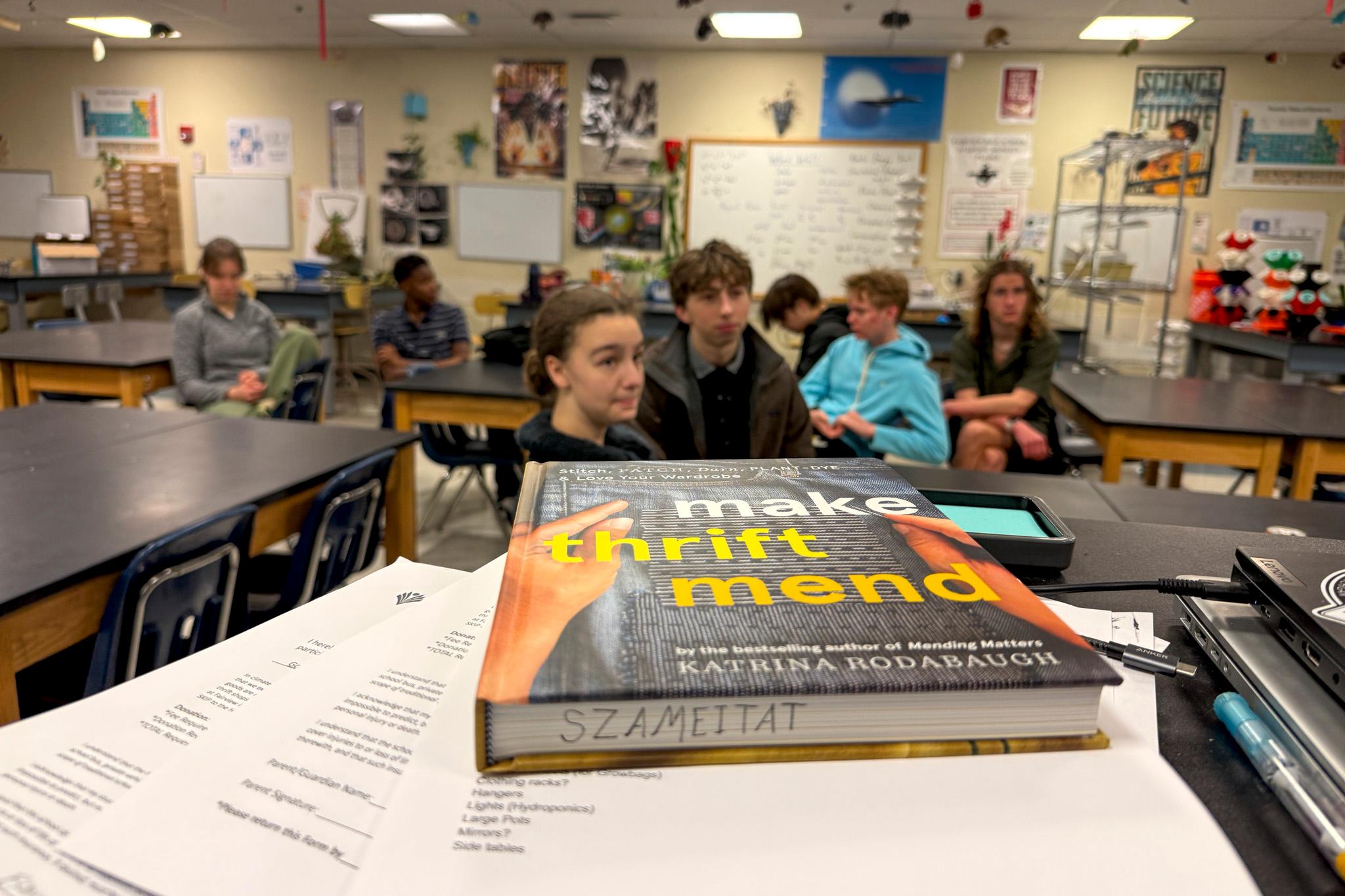
This story was originally published by Colorado Newsline.
By Delilah Brumer, Colorado Newsline
State regulators in Colorado have chosen 142 older, low-producing oil and gas wells to be permanently plugged, funded by well operator fees and federal grant money. The voluntary well plugging program is part of the state’s effort to reduce methane emissions, which are a major contributor to climate change.
These low-producing wells, called marginal wells, emit disproportionately high amounts of methane compared to their oil and gas production rates. Marginal wells are also at a high risk of becoming so-called orphan wells, wells that become wards of the state after they are abandoned by extraction companies.
“Plugging wells and preventing orphan wells is an important way to reduce pollution, improve Colorado’s air quality and make communities safer,” Gov. Jared Polis said in a statement. “Improving air quality helps keep Coloradans and our communities active and healthy, strengthening our high quality of life. Plugging these wells will directly help lower emissions and reduce risks.”
Funding to plug the wells comes from two pots: the federal Methane Emissions Reduction Program, which was established by the Inflation Reduction Act in 2022 and awarded $12.6 million to Colorado, and the state Orphan Wells Mitigation Enterprise, which collects about $5 million in fees annually from well operators.
The state estimates that plugging the 142 wells will cost up to about $14 million. No state taxpayer money is used for the program.
There are far more marginal wells than those set to be plugged. In Colorado, 922 wells meet state plugging grant eligibility requirements and 8,566 wells meet federal plugging grant eligibility requirements. There are approximately 47,000 oil and gas wells in Colorado.
Heidi Leathwood, a climate policy analyst at the environmental nonprofit 350 Colorado, called for continued and expanded operator fees at the state level to plug marginal wells.
“If these wells are running dry, they should be plugged, rather than keep letting them spew pollution,” Leathwood said. “It’s important for our communities.”
Beyond the contributions to climate change from oil and gas extraction, Leathwood also shared her concerns about health problems, including cancers, heart problems and birth defects, that studies have shown can arise in communities near wells.
“We need to start preparing, and not even for what’s coming in the future, but for the wells that we have right now that need plugging, and we just don’t have enough money set aside,” she said.
The oil and gas industry accounts for 60% of Colorado’s methane emissions, according to a 2024 state report.
The 142 wells were chosen based on “methane emissions, proximity to disproportionately impacted communities or municipalities, and financial assurance plans,” according to the state’s Energy and Carbon Management Commission.
The federal Republican tax break and spending cut law that President Donald Trump signed on July 4 rescinded any remaining unobligated federal funding that was part of the Methane Emissions Reduction Program.








